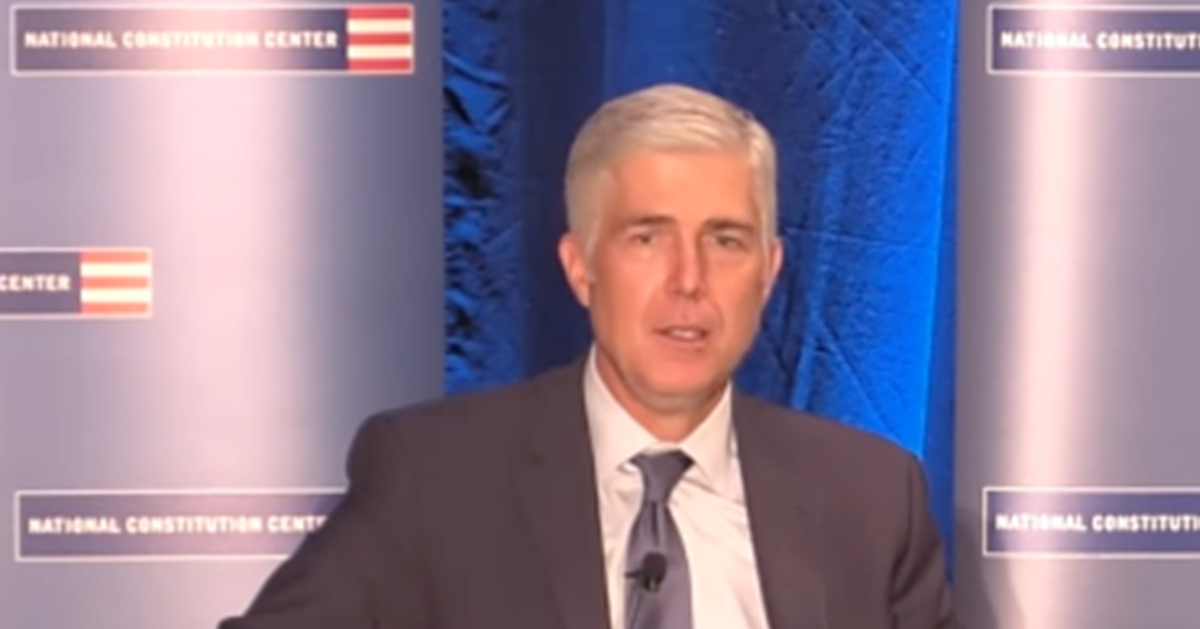New Republican Legislation Aims to Cease US Aid to Afghanistan
In an effort to curtail U.S. funding to Afghanistan, Republican lawmakers, led by Rep. Josh Brecheen, have introduced a significant legislative bill.
The proposed bill aims to halt all U.S. and U.N. financial aid to Afghanistan, including billions pushed by the Biden-Harris administration, citing risks of the Taliban benefiting from these funds, as Fox News reports.
The motivation behind the bill stems from concerns that the Taliban has been intercepting funds intended for humanitarian and economic support in Afghanistan.
Historically, the U.S. has been a major contributor to the nation, offering $21 billion since the military withdrawal.
Concerns Over Taliban Control of Aid
Brecheen, representing Oklahoma, voiced that the current administration's policies have inadvertently facilitated the resurgence of Taliban control. This has raised alarms about U.S. aid being misused.
According to reports, a notable amount of aid funneled through international pathways such as the U.N. may end up under Taliban influence.
The U.N. has reportedly delivered around $2.9 billion to Afghanistan post-Taliban takeover, with a portion managed by the Taliban-run central bank.
Broad Support for the New Legislative Measure
Joining Brecheen are co-sponsors from various states including Tennessee, South Carolina, New York, Alabama, Missouri, Montana, and Iowa. These representatives have echoed the need for stricter control over where U.S. funds are directed.
The bill not only targets direct cash transfers to Afghan agencies but also extends to international efforts. It proposes prohibiting U.S. federal agencies from engaging in direct cash assistance and restricts Federal Reserve banks from involving U.S. currency in such transactions.
Legislative Steps and Previous Actions
Prior to this bill, the House had already shown a stance towards scrutinizing financial flows with a focus on the Taliban. In June, it passed legislation mandating the State Department to identify and evaluate countries that may indirectly support the Taliban with U.S. aid.
The new bill from Brecheen aims to solidify these efforts by completely stopping the cash flow to Afghan entities, a move that is seen as a direct response to ongoing concerns about aid mismanagement.
Statements from Key Political Figures
"The Biden-Harris administration’s disastrous withdrawal has plunged the country back under Taliban rule, and now it turns out that our taxpayer dollars are being used to the benefit of the Taliban," Rep. Josh Brecheen told Fox News Digital.
"This legislation is needed so we can ensure that no more of our tax dollars are being irresponsibly used in Taliban-controlled Afghanistan," he added, highlighting the need for stringent measures.
Response from the State Department and U.N.
The State Department has recognized the complexities of providing aid in such a volatile context.
In a letter addressing concerns raised by the Special Inspector General for Afghanistan Reconstruction (SIGAR), they assured ongoing efforts to monitor and mitigate risks associated with U.S. assistance.
Roza Otunbayeva, the U.N.’s special representative for Afghanistan, reported to the U.N. Security Council that despite these challenges, U.S. funds had helped avert a fiscal crisis in Afghanistan and supported the continuity of private sector operations.
Looking Ahead: Implications of the Bill
If passed, this bill will reshape U.S. foreign aid strategy significantly. It seeks to reassess how aid is not just distributed, but also how its impacts are evaluated in post-withdrawal Afghanistan.
As debates and discussions unfold, the global community watches closely. The outcomes will not only affect U.S. foreign policy but also the lives of countless Afghans relying on international aid for survival and economic stability.



